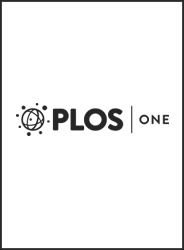
A mixed-methods evaluation of a Polish international researcher mobility grant scheme
This paper examines the quantitative and qualitative effects of the first call of the Bekker Programme, funded by the Polish National Agency for Academic Exchange. The program supports the outgoing temporary international mobility of scholars. Its first call funded 152 scholars. The study employs a mixed-method approach, combining quantitative analysis using the interrupted time series method and qualitative analysis of final reports submitted by Bekker Programme beneficiaries. Quantitative data from the Web of Science database were analyzed to measure the number of papers published, the number of internationally co-authored works, and the number of citations for beneficiaries before and after the program’s implementation. The quantitative findings did not show a statistically significant increase in the number of publications or citations attributable to the program. However, there was a significant positive impact on international collaboration, as evidenced by an increase in internationally co-authored publications. Qualitative analysis of the beneficiary final reports revealed a broader spectrum of impacts, including enhanced scientific competencies, experience of different organizational cultures, networking and collaboration. The contributions of this article to the literature are threefold. First, empirical findings on the impact of a mobility program from a scientific periphery are presented, highlighting its possible transformative benefits. Second, a mixed-methods approach is employed that captures both objective quantitative effects and subjective outcomes, thereby acknowledging the multidimensional impact of mobility grants and offering practical insights for policymakers. Third, an empirical analysis of the eightfold mobility impacts framework is provided through a bottom-up coding analysis of qualitative data, demonstrating the framework’s applicability and robustness in a novel context.




